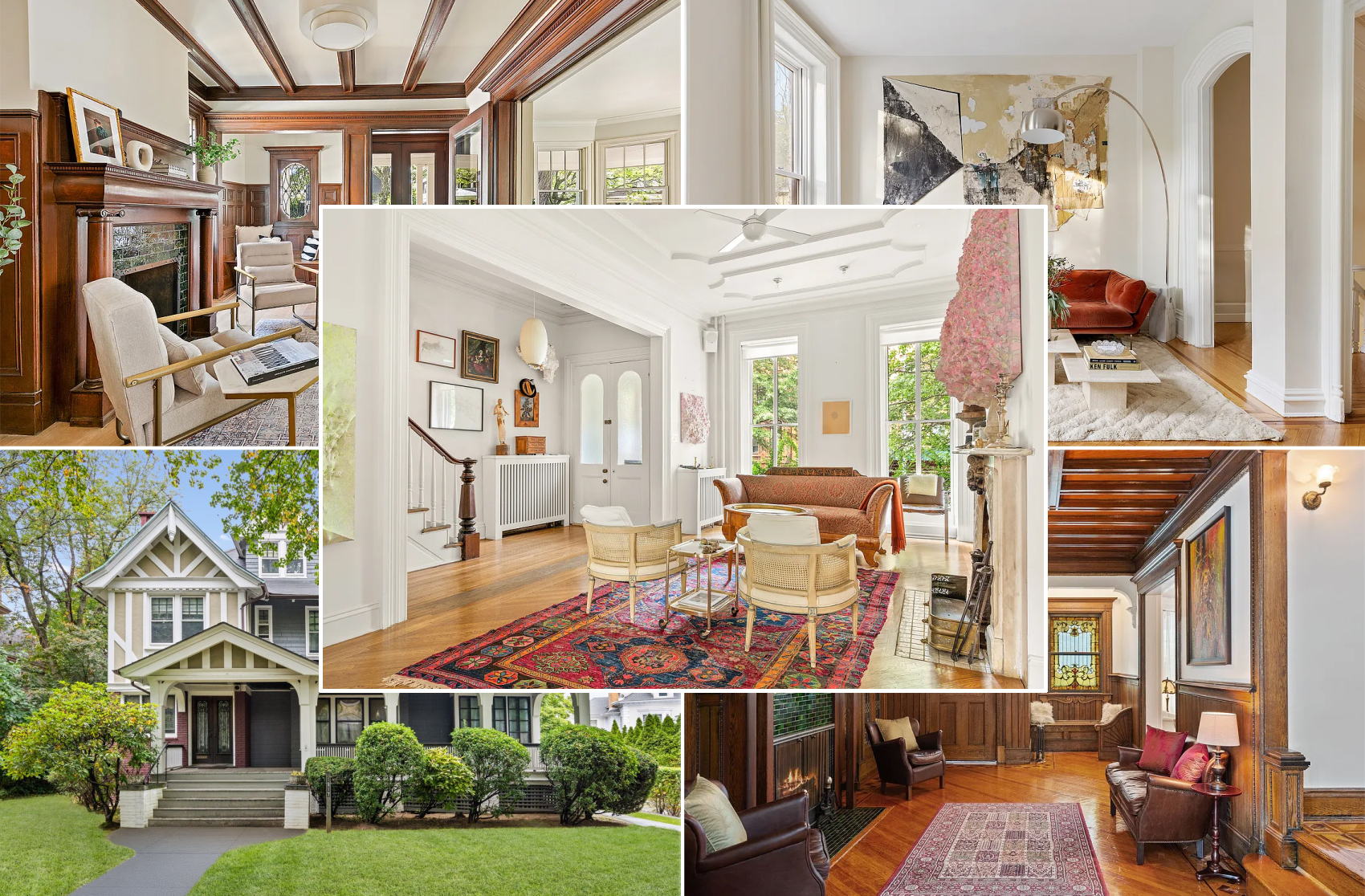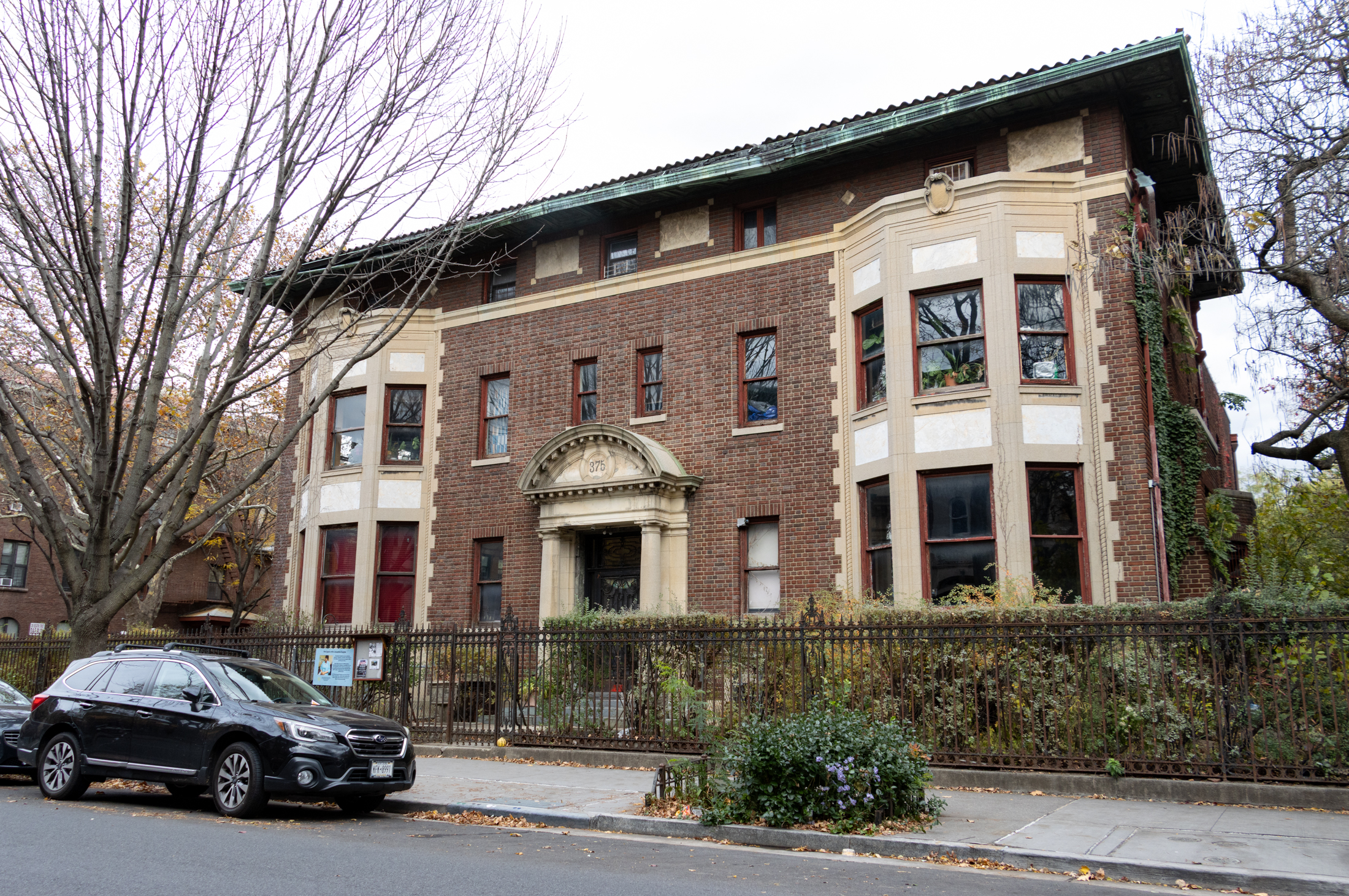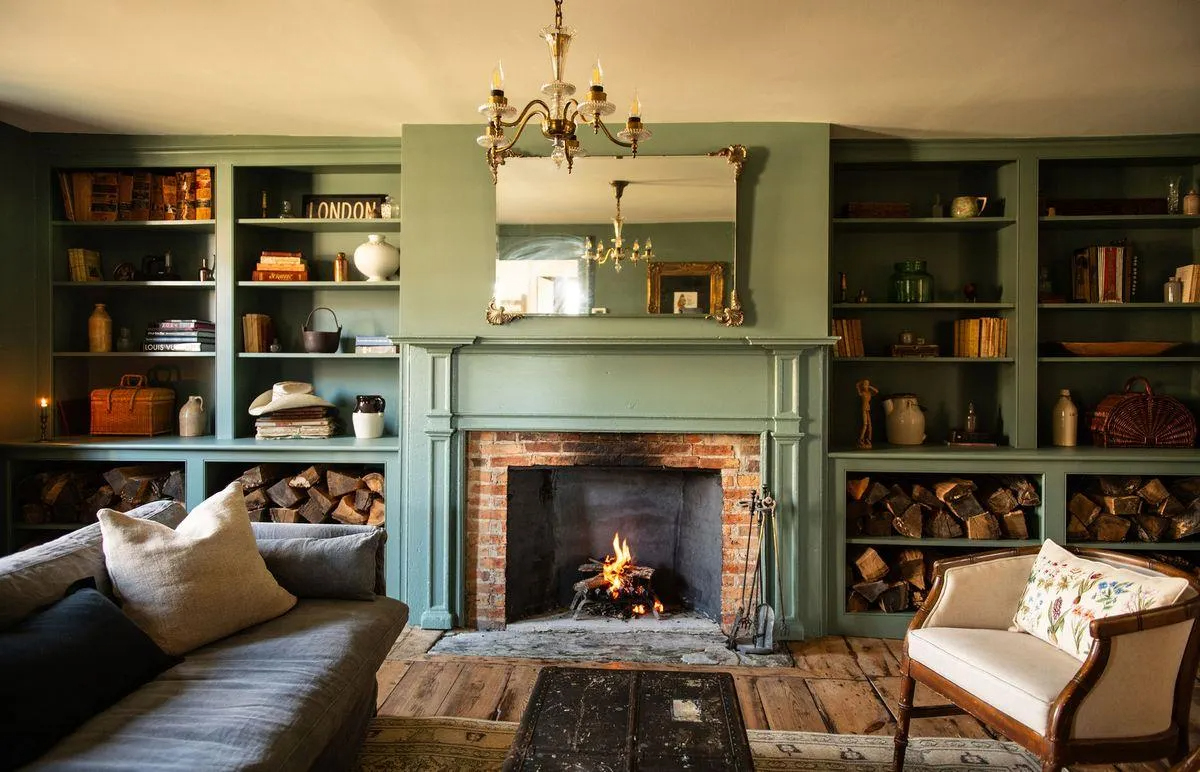Rising Supply of Homes for Sale Worries Some
August 12, 2005, Wall Street Journal — Signs of a possible peak are appearing, perhaps in part a reaction to widely publicized warnings from Federal Reserve Chairman Alan Greenspan about “froth” in the housing market and a torrent of media reports about the “housing bubble.” “We’re beginning to see that the housing market is cooling…
August 12, 2005, Wall Street Journal — Signs of a possible peak are appearing, perhaps in part a reaction to widely publicized warnings from Federal Reserve Chairman Alan Greenspan about “froth” in the housing market and a torrent of media reports about the “housing bubble.” “We’re beginning to see that the housing market is cooling a little bit,” says Mark Vitner, senior economist at Wachovia Bank in Charlotte, N.C…If the sales rate slows, the inventory would start to look more plentiful. “We’re hearing from some really big Realtors that there is a little slowing [in the housing market] this month,” says David Lereah, the chief economist for the Realtors’ association.
If mortgage interest rates keep rising, as they have recently, home sales will slow, says Mr. Lereah. “Many times I have said housing has peaked, and I was wrong,” he says. “Still, I think we’ve peaked and we will come down a little bit.”
Meanwhile, builders have been putting up new homes at a breathtaking pace. New homes that either were completed or under construction totaled 354,000 in June, up from 320,000 a year before, according to the Census Bureau. So far, many home builders say they can’t keep up with demand and aren’t worried about inventory levels. While they note that orders for new homes are soft in a few markets, such as Denver, South Carolina and the Washington area, there’s continued strength in San Francisco, Las Vegas, Phoenix and South Florida. But, warns Ivy Zelman, a housing analyst at Credit Suisse First Boston in New York, “If the music stops and the sales rate declines, then you’re going to have a lot more supply” of new homes on the market.
Rise in Supply of Homes [Wall Street Journal]





True Tom but I was looking last August and during other “slow” months and it WASN’T slow.
its august……its slow…….
Not only does the old stuff have character, but I wonder whether these McMansions will be in as good a shape as some of the older places. Even with refurbishing and renovations, brownstones and old houses feel “solid.” It’s as though people cared to use good materials. Maybe it’s just because they didn’t have access to the cheap and fast materials we have today, but still – there was care that went into the work. Eveytime I visit a McMansion (and I have friends who have them) they feel cheap and shoddy. Sure they’re modern and convenient, but they lack that something that makes old homes so nice.
What’s crazy about some of the new stuff is that they’re pricing it as though it’s going to appreciate forever, whereas new construction used to be cheaper. But with all the money floating around…
There is definitely hope, yes. I agree, though – a lot of the construction seems to be McMansions, $800-1.2 mil 2 BR condos and the like. I’m basically planning on buying something old… the new stuff gets very expensive very quickly. Plus hey – old has character!
The early 1990s in Manhattan, according to everyone I’ve talked to, was tragic. It was a terrible “bust” in the sense that prices dropped in some cases almost 50%.
So you can use whatever terminology you want to make it sound less awful (“decline”) but a 50% drop in price is terrible.
I agree that it’s not always boom-bust, but I do think there was a bust in the early 90s in NYC, at least in some parts. Brownstones in Park Slope went from $650k (between 6th and 7th Avenues) -$1.2m (5 story beauties on park blocks), to $450k-$800k. Sucked if you bought in 1987.
Also, it was supposedly impossible to sell one-bedroom co-ops in Manhattan in the early 90s. Studios and two-bedrooms were still selling, at reduced prices, but you could hardly give away one-bedrooms for some reason.
Where did you get idea of boom-bust? There was price decline in early 90’s here —- But hardly a bust. And was part of national slowdown.
All declines are not ‘busts’. I don’t think NYC has ever seen a bust that would compare with Texas, Fl., etc. Of course possible – but they are caused by major disruption of local economy.
What does he mean by amenities? I wonder what that would mean in a NYC market – nicer appliances, washer/dryers, etc? This would mean renters could be more picky about where they rent and for what price and also seems to put pressure on landlords to renovate to add such amenities. That’s a financial burden for them, but could make the NYC rentals much nicer.
I think the market was relatively stable between 1990-1998. The market dropped a ton from 1988 or so to 1990, but then was flat to increasing slightly from then until around 1998.
In the 1960s and 1970s, I think the market was flat to decreasing slightly (due to a decline in NYC’s population), though that was a bit before my time, so I’m not firm on the details.
The only housing bubbles I’ve ever really heard much about are the 80s (spurred by Wall Street pre-87 crash + S&L practices pre-crisis) and this one (low interest rates + transfer of stock market bubble investment).
There’s another Krugman op-ed about the bubble today; seems to be his latest obsession. All the signs do seem to be there: 1) increasing inventory; 2) more time on the market; 3) more price cuts (ex: yesterday’s HOTD in Lefferts); 4) rents decreasing due to glut of “investment properties”, etc.
There’s also an odd article in the Times today about how more amenities are needed in order to rent properties. They seem to be talking mostly about luxury vacation properties, but still, seems like another sign that something is amiss with the rental market…. can’t be good for investors in condos if it’s costing more to rent their properties.